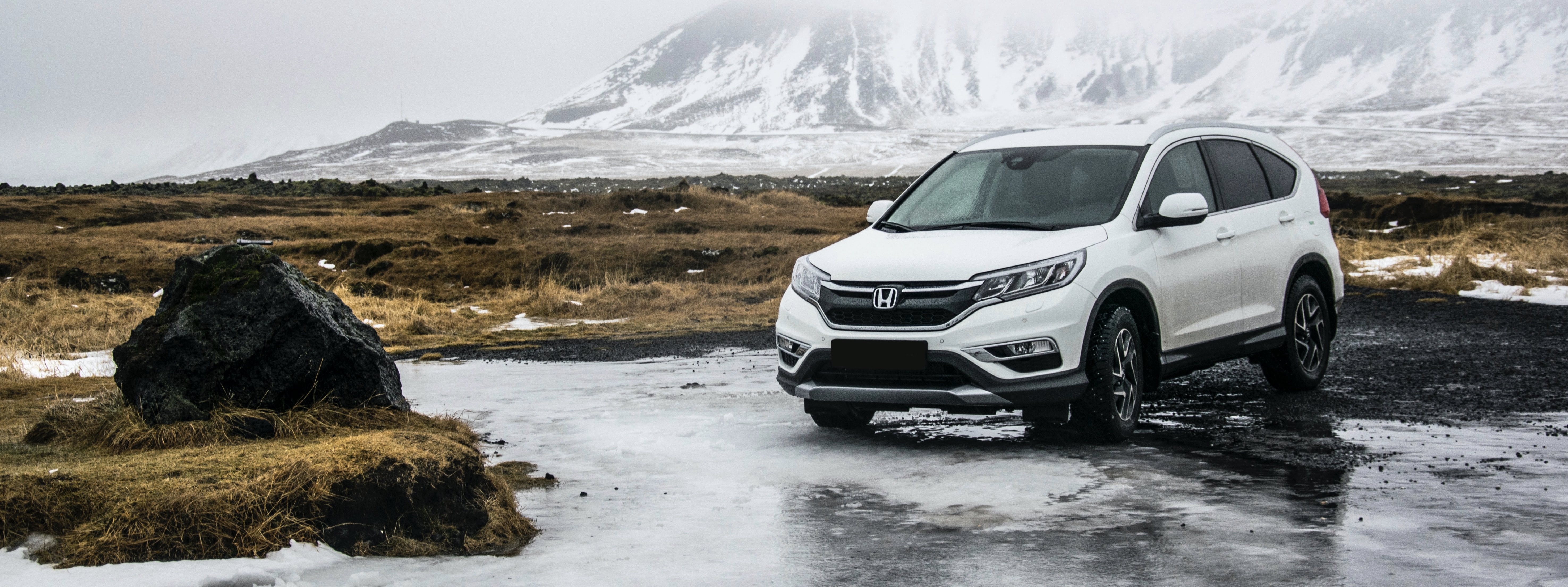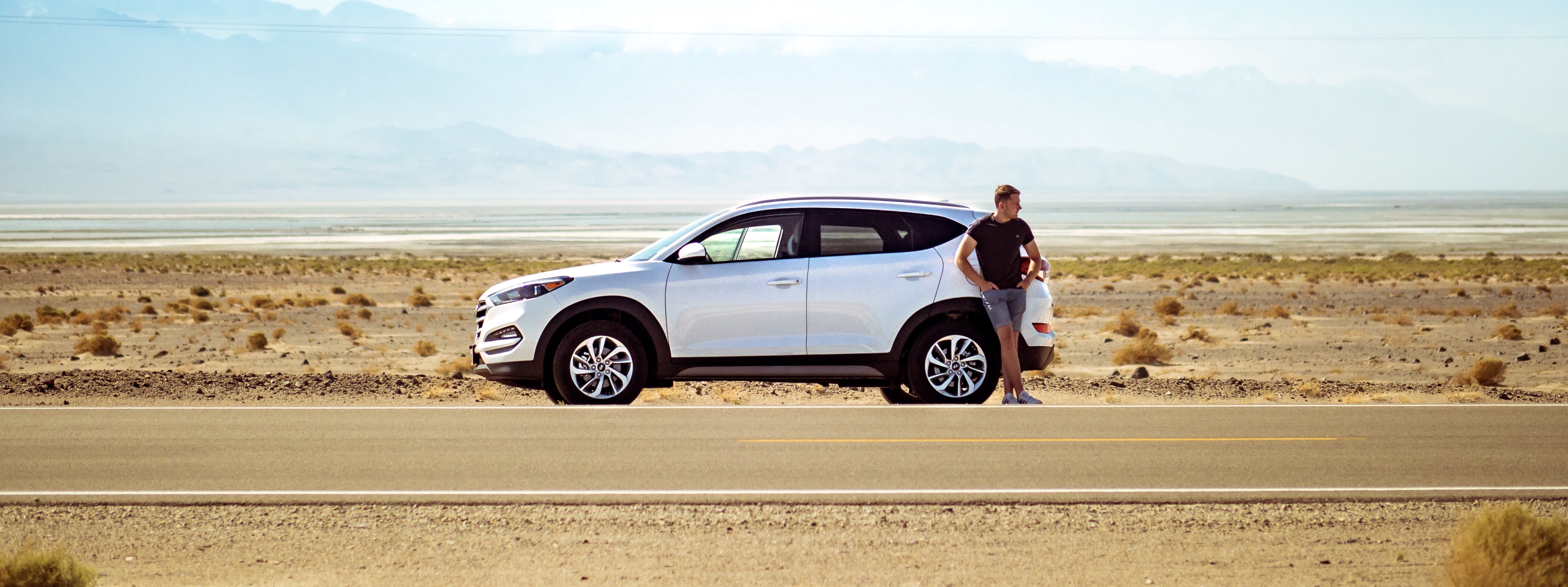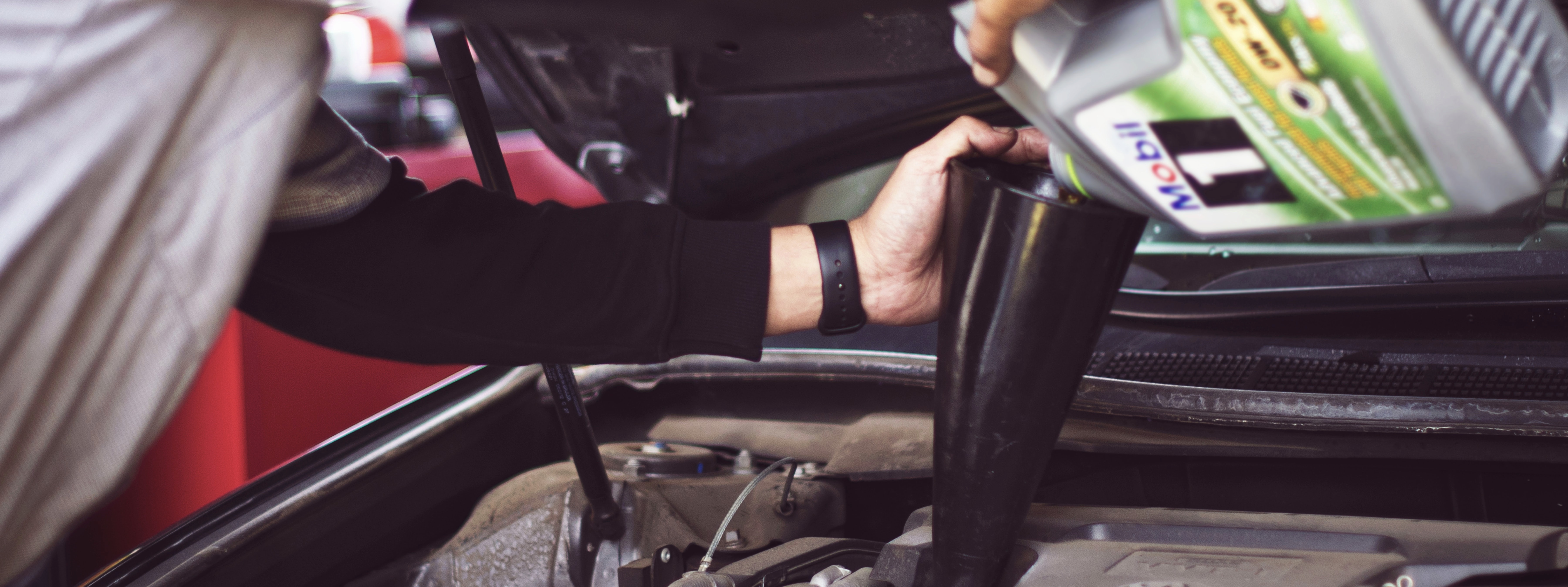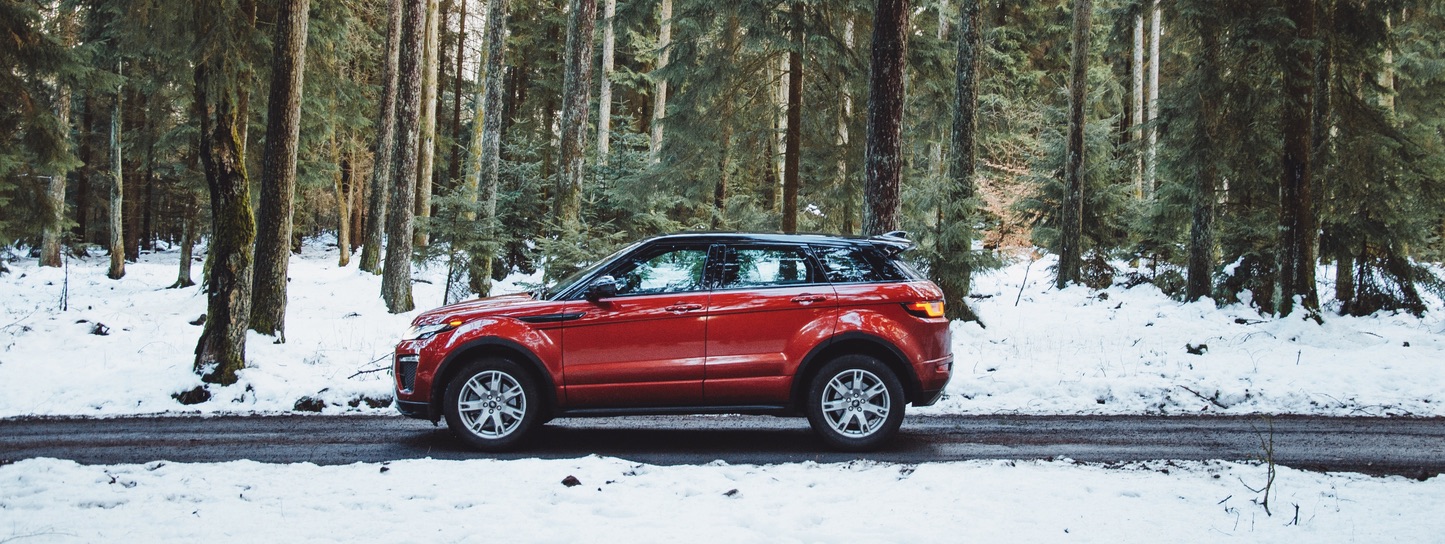The Car Purchasing Process
Written By: Morgan Howell
Introduction
I think everyone can agree, maintaining a car can be a stressful part of life. When cars need maintenance, it takes time away from our day, and when things go wrong it is never at our convenience.
Buying a vehicle is much more than simply finding a car that runs well or that you like the appearance of. It is saving enough money, research, time, and understanding the hidden costs. Throughout this blog, I will be outlining the process I went through in considering and purchasing a vehicle.

Photo by Tabea Damm
Making the Decision
One evening, I was driving to class when I experienced car troubles. I was on the interstate when two of the catalytic converters went out in my car. I lost the ability to accelerate and, as a result, had to pull off on the side of the road. I was very frustrated because not only did my car stop working, I missed class, had to get my car towed, had to deal with insurance, and had to pay for my car to get fixed.
I think everyone has experienced a car story like this. Something happens where a large chuck of our money and time goes to figuring out how to get our cars running well again. With this car, I have experienced a lot of issues within my four years of college. This was the last straw.
I got my car when I was 15 and drove it for 7 years. At first, I loved my car. It was nice, ran well, and I was simply just so excited to have a car. Over time normal maintenance was required, but overall, it didn’t require that much work. When I came to college, it seemed that every other month my car was in the shop getting something worked on. I had to get new tires, pumps changed, my starter replaced, get it towed a couple times, my hood cracked, and I could name more more. I believe I dumped about $3,000 worth of repairs since coming to college.
I recently got married and one thing that was a priority for my husband and I in our finances was to get me a new, reliable car. He would always worry about me driving because of all the issues I have had with my car in the past. We recently moved to Belgrade which causes me to spend a lot of time driving on the interstate, so discussing a new car became a priority. For us, was more valuable to spend a large chunk of money now to get a new car than to keep dumping money into a car that is unreliable.

Photo by Jamie Street
Values
Values are one of the many factors to consider when determining if you want to make a big purchase. Financial values are the ways you think about money. Something I highly value is financial security, so I had to ask myself if buying a car is a responsible decision for us right now in our finances. We could put the money toward savings, our house, or a new car. We decided it is more valuable to us to invest in something to improve the safety of our family, so I started looking for a car.

Photo by Allef Vinicius
Things to Consider: Hidden Costs
Something I have observed from watching my peers is people purchase cars without truly understanding all the factors of purchasing a car.
I know someone who graduated college and then bought a very expensive, brand new car based off the fact that it was her favorite color. She didn’t concider that when she bought the car she would have to get a new license, registration, and car insurance plan. It put a huge strain on her bank account because she had only planned for her car loan payments.
I chose to learn from this story and understand all of the hidden costs that could come up after I purchased a car. Here is a list of things to consider:
Cost of Ownership- How much it will cost to own and operate the car?
- Considerations: Fuel use, maintenance, tires, registration, license, and insurance
Registration- This is documentation that you have registered your vehicle in your state and have paid the taxes and fees required.
- Costs can vary based off the classification of your car, it is not the same across the board
Title fees- The money it costs to transfer the title of a car from the seller to the buyer.
License- The costs of buying a new license plate for a car.
- License plate cost vary between each design
Car Insurance- Car insurance costs vary based off type of plan and rating factors.
- Rating Factors: Driving history, age, location, claims history, vehicle type, etc.

Photo by Tim Mossholder
Understanding the Market
I know little to nothing about cars, so I knew I was going to have to do some research. The first thing I did was talk with people who knew a thing or two about cars. Here is some of the advice I received, which are worth considering with your circumstances and values. Generally, all are geared toward saving you money in the long-run:
- Don’t buy new, used is the way to go as the value of a car decreases the moment you leave the car lot.
- Look for a car with less than 100,000 miles so you don’t run in to maintenance issues that come up with higher miles.
- Get a car with 4-wheel drive (especially if you plan on living somewhere snowy)
- There are a lot of options for 4-wheel drive, all-wheel drive, etc. – it’s up to you as to whether this is the right fit for you as it does add cost to owning the car
- Never make a decision based off color, if you like the color that’s a bonus!
- One or two owners is often best because the maintenance records are easier to come by.
- Cars that are rare or not very common can have a higher cost of maintenance than cars that are built by common manufactures.
- If you are buying from a personal seller, take the car to your mechanic and ask if the car has any high expense maintenance that needs to be done.
Then I began my own research. I was looking for a car with all-wheel drive and made by a quality manufacturer. I started doing some Google searching with these parameters, and from there I got a good idea of what the car I wanted was going to cost.

Photo byMichael Heuser
